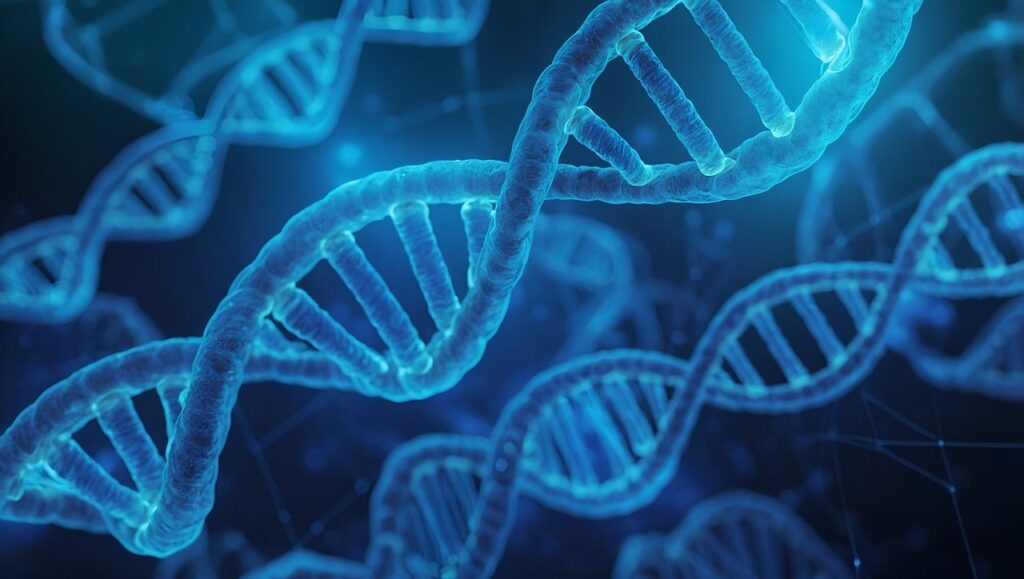Co-founded in 2006 by CEO Anne Wojcicki, 23andMe’s initial direction was to allow consumers to send in their DNA to be tested for ancestry, genetic traits, and potential health risks. 23andMe found widespread success by making DNA testing affordable and accessible to millions.
But an interesting byproduct of 23andMe’s business is that over the years, it’s built up a massive DNA database. 23andMe’s repository of DNA contains analysis for more than 13.6 million people.
By aggregating and analyzing the mass amount of DNA data the company has, 23andMe has contributed significantly to genetic research. More recently, the company has ventured into identifying genetic factors related to diseases.
Wojcicki’s vision for the company didn’t stop at providing consumers with insights on their genetic makeup. Longer-term goals for the company include developing personalized medical services with treatments and preventive strategies tailored to individual genetic profiles.
On a societal scale, Wojcicki envisioned the DNA database could clarify the role genes play in the development of diseases.
Over the years, 23andMe has collaborated with several pharmaceutical companies, such as GlaxoSmithKline and Almirall, in developing treatments. These partnerships paved the way for 23andMe’s own transition into the pharmaceutical world. In 2015, the company founded its own therapeutic research division.
It may bear fruit soon. Earlier this year, 23andMe posted promising Phase 2 study results on 23ME-00610, the company’s first fully independent output. 23ME-00610 is an antibody that prevents cancer cells from evading the immune system by binding to a specific protein receptor, CD200R1, and blocking its interaction with CD200.
The drug falls under a category of cancer therapeutics called Immune Checkpoint Inhibition (ICI). ICI works by blocking proteins that prevent the immune system from attacking cancer cells.
So far, ICI has only been beneficial to a subset of patients in the long term because there are different pathways by which these proteins function. Researchers used genome-wide association studies from the 23andMe genetic database to identify signatures. Certain variants are linked with an increased risk of cancer, but a decreased risk of immune diseases, and vice versa.
Multiple pathways lead to a checkpoint consisting of CD200 and its receptor, CD200R1. When CD200 binds to CD200R1, it causes a suppression of immune cells. In turn, immune system’s ability to curtail the growth and spread of tumors is impacted. 2ME-00610 interferes with that interaction, induces T-cell cytokine production, and enhances tumor cell-killing abilities.
At the 2024 ASCO annual meeting, 23andMe Therapeutics announced preliminary results from their Phase 2 trial of 23ME-00610 were positive. The drug passed the safety and tolerability requirements while also demonstrating efficacy.
Trials showed a partial response in a patient with pancreatic neuroendocrine cancer and durable benefits in another with ovarian cancer — a nearly 20% reduction in tumor size. 23ME-00610 shows higher signs of efficacy in tumors with high CD200 expression than therapies currently available in the market for the same purpose.
While researchers remain hopeful 23-ME00610 will pass clinical trials, it may be years before the drug gets FDA approval and hits the market.
Related: FDA Approves Kisunla, A First-Of-Its-Kind Alzheimer’s Drug


